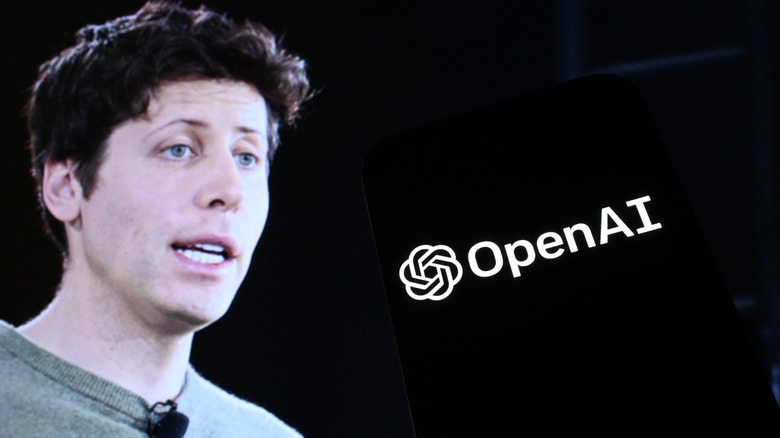OpenAI May Launch Its First AI Chip As Early As 2026
New reports suggest that OpenAI may launch its first ever AI chip as soon as next year. Financial Times attributes these reports to comments made by the chief executive of Broadcom — a company OpenAI has reportedly partnered with to design its AI chip. The claims note that Broadcom recently referred to a "mystery" customer during an earnings call, a customer that has committed to more than $10 billion in orders.
Further, Financial Times says that multiple people familiar with the partnership have confirmed the chip will ship in 2026. However, no details of what to expect from the AI chip have been shared just yet. Though, one person close to the development reported that OpenAI plans to use the chip as an internal tool, rather than making it available to purchase outside of the company.
While the reports suggest it could come out as early as next year, there does not appear to be any solid timeline for OpenAI's new AI chip. So far, both OpenAI and Broadcom have declined to comment on the matter. That said, The Wall Street Journal has since corroborated the report with one of its own.
Why OpenAI is making an AI chip
One thing that OpenAI CEO Sam Altman has been vocal about, especially in recent months, is the amount of energy that ChatGPT and other models like it require to run. As GPT and other models become more powerful, they're going to need more energy to handle their calculations and queries.
This is part of the reason that Google and other big tech companies have been going all-in on nuclear energy, and one reason that some are concerned that people's electricity bills could increase, even if they don't use AI themselves. With newer chips designed exclusively to handle AI more efficiently, these companies may hope to lighten the load somewhat, especially as they work to increase the number of models they make available to customers and train future models. This is especially important as companies like OpenAI continue to work on AI-powered browsers, with some — like Perplexity's Comet browser — already being made available to a limited number of users.
So far, Nvidia has had a pretty solid grip on the AI hardware industry, but with this kind of deal, Broadcom could make a big play, especially considering it already worked with Google on its custom AI chips, too.

